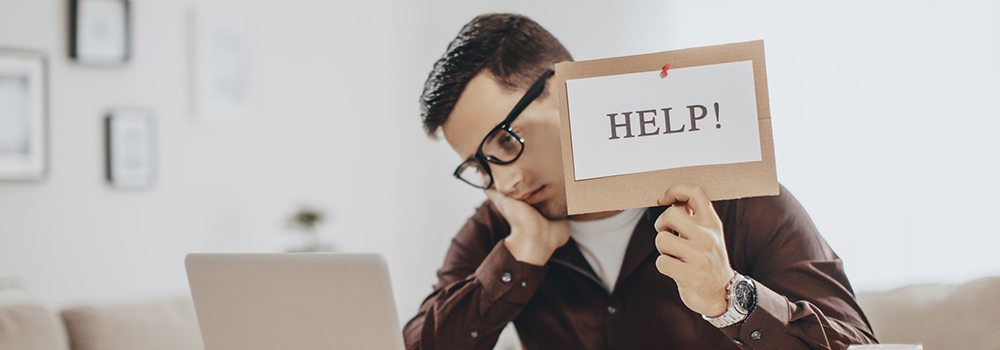Voluntary Bankruptcy Brisbane, Brisbane Debt Solutions will take care of it!
The divisible property of a bankrupt vests in the trustee in bankruptcy, who administers it for sale. The bankrupt does not have authority to deal with these assets, which are subject to exemptions that individuals are able to retain as bankrupts—some examples follow:
- Motor vehicles with a value exceeding $7,700
- Tools with a value exceeding $3,750
- Funds in a regulated superannuation fund
- Assets held as Trustee
- Necessary household items
- Life insurance or endowment policies
- Certain damages and compensation payments
- Sentimental property
A bankrupt is subject to annual income assessments to determine if they are liable to pay compulsory income contributions into their bankrupt estate. A person with no dependants may earn an after-tax income of $54,736.50 before being liable to pay any income contributions.
A bankrupt is subject to annual income assessments in order to determine their ability to make compulsory income contributions into their bankrupt estate. A single person without dependants whose taxable income is $54,736.50 or less before tax may be exempt from making any contributions.
A Trustee in Bankruptcy will undertake investigations into the affairs of the bankrupt which include inquiries into any:
- Preferences
- Undervalued transactions
- Transfers to defeat creditors
- A bankruptcy does not release an individual from the following:
- Child support payments
- Maintenance debts
- Various student loans (HECS / HELP)
- Files or penalties of the Court
- Liabilities arising from fraud
Should you wish to file for bankruptcy, contact our experts at Artemis Insolvency for any queries you may have regarding the implications of a bankruptcy and completion of your Statement of Affairs. We are also available to administer your estate in the event that you choose to go through with bankruptcy.
Voluntary Bankruptcy FAQ’s
What is voluntary bankruptcy?
Voluntary bankruptcy is a process where an individual who is unable to pay their debts voluntarily declares themselves bankrupt by lodging a debtor’s petition with the Australian Financial Security Authority (AFSA). This is different from involuntary bankruptcy, which is initiated by creditors.
What are the benefits of voluntary bankruptcy?
Voluntary bankruptcy can provide a fresh start for individuals who are struggling with debt. It can release them from most of their unsecured debts and stop creditors from taking legal action or contacting them about their debts. Voluntary bankruptcy can also provide peace of mind and a clear plan for moving forward financially.
What are the potential consequences of voluntary bankruptcy?
There are several potential consequences of voluntary bankruptcy, such as losing assets, having a restriction placed on your ability to obtain credit, and having your bankruptcy listed on your credit report for up to 5-7 years. It’s important to seek professional advice before starting the process to understand the potential implications and ensure that voluntary bankruptcy is the best option for your individual circumstances.


